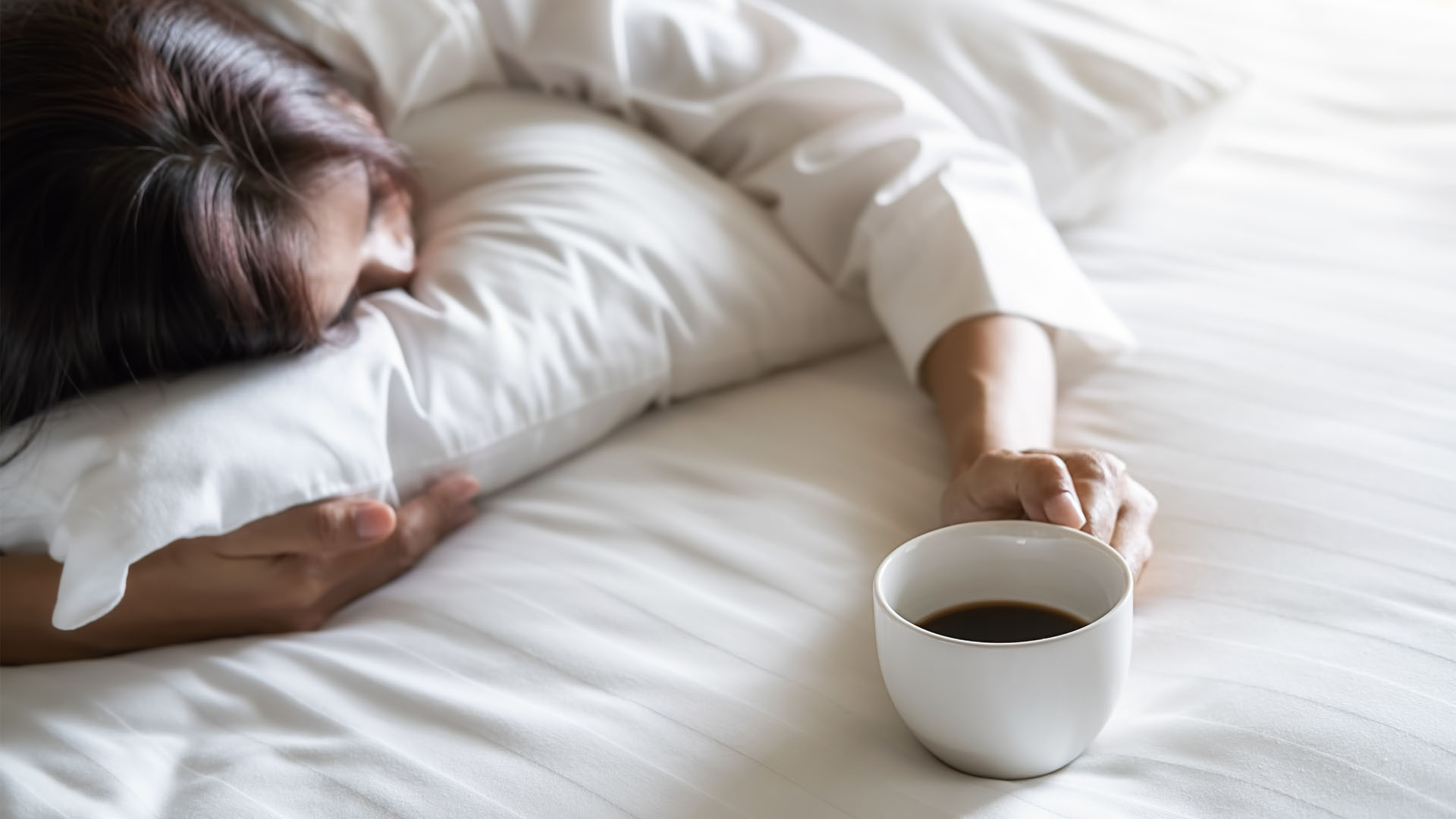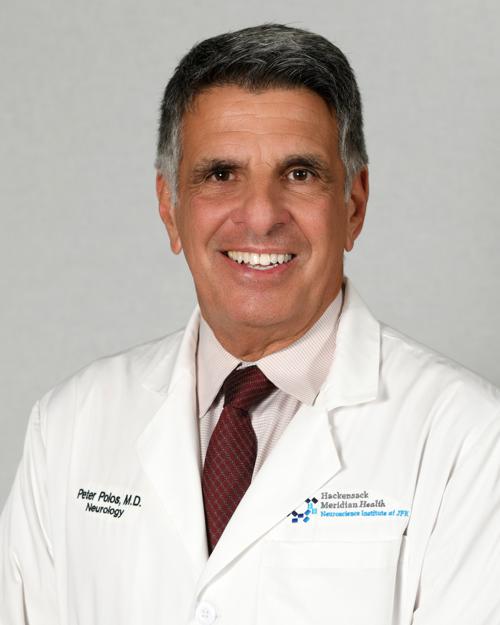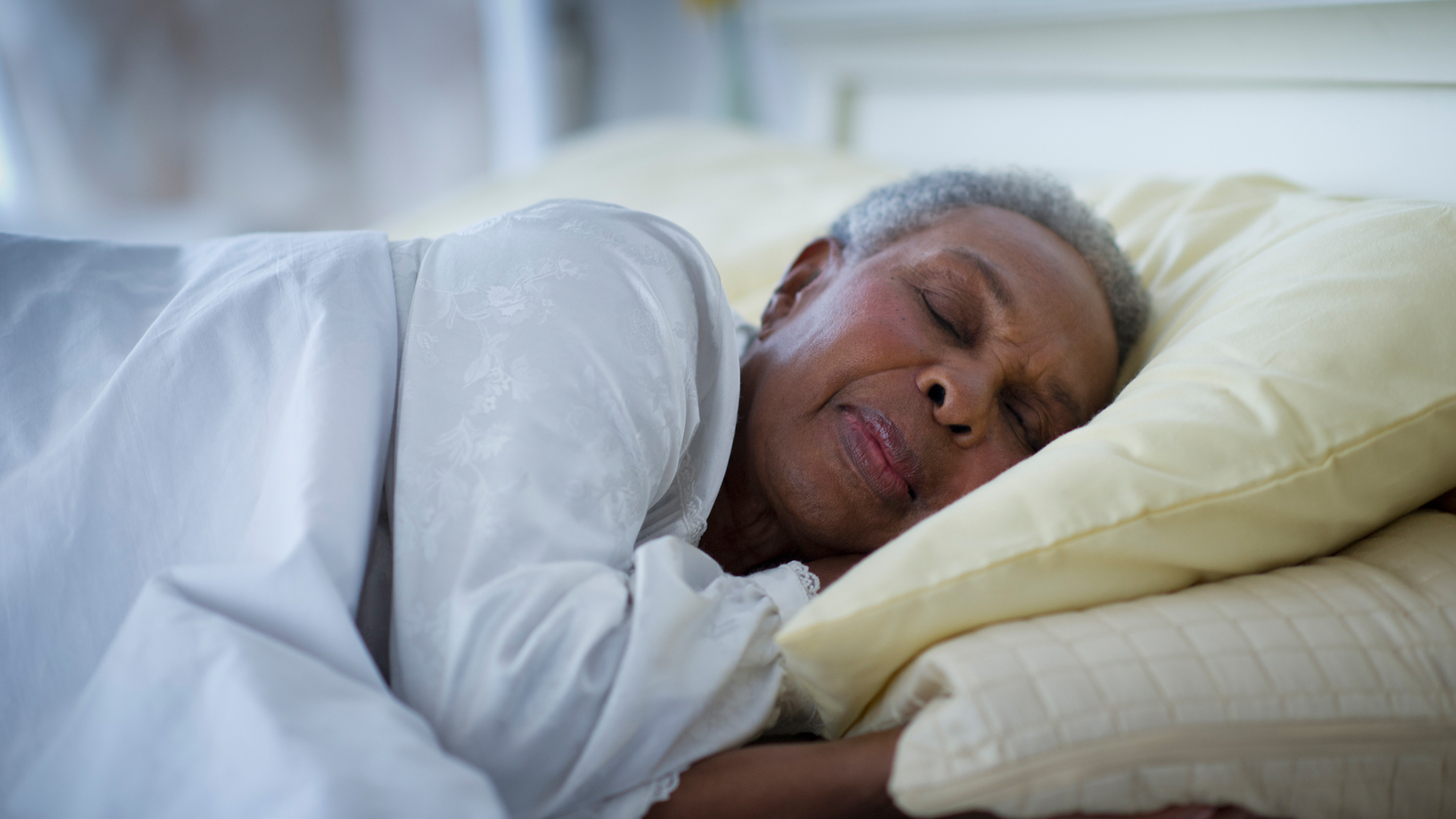How does caffeine affect sleep?
It may boost alertness and concentration, but how does caffeine affect sleep?

Get the world’s most fascinating discoveries delivered straight to your inbox.
You are now subscribed
Your newsletter sign-up was successful
Want to add more newsletters?

Delivered Daily
Daily Newsletter
Sign up for the latest discoveries, groundbreaking research and fascinating breakthroughs that impact you and the wider world direct to your inbox.

Once a week
Life's Little Mysteries
Feed your curiosity with an exclusive mystery every week, solved with science and delivered direct to your inbox before it's seen anywhere else.

Once a week
How It Works
Sign up to our free science & technology newsletter for your weekly fix of fascinating articles, quick quizzes, amazing images, and more

Delivered daily
Space.com Newsletter
Breaking space news, the latest updates on rocket launches, skywatching events and more!

Once a month
Watch This Space
Sign up to our monthly entertainment newsletter to keep up with all our coverage of the latest sci-fi and space movies, tv shows, games and books.

Once a week
Night Sky This Week
Discover this week's must-see night sky events, moon phases, and stunning astrophotos. Sign up for our skywatching newsletter and explore the universe with us!
Join the club
Get full access to premium articles, exclusive features and a growing list of member rewards.
Whether it’s a cup of coffee, tea or an energy drink, many people look for a caffeine fix to kick-start their day. During waking hours, the stimulant can help people feel more alert and boost concentration. But how does caffeine affect sleep?
According to a 2013 study in the Journal of Clinical Sleep Medicine, moderate consumption can increase the time it takes to fall asleep and negatively affect sleep quality.
But why? Below, we'll take a closer look at exactly how caffeine interacts with the brain and the implications for sleep.
How does caffeine affect the brain?
Dr. Peter Polos, a sleep medicine specialist in New Jersey, told Live Science that caffeine is the most widely used stimulant in the world, and "its impact on the brain can affect mood, memory, alertness and sleep," he said.

Dr. Peter Polos is board-certified in both pulmonary medicine and sleep medicine. He obtained his doctorate in microbiology and immunology from the Louisiana State University, School of Medicine, New Orleans, and did his internal medicine residency at New York Infirmary-Beekman Downtown Hospital, where he served as Chief Medical Resident.
Caffeine speeds up messages between the brain and body. "Because of its stimulant properties, many people use caffeinated drinks to jump-start their day and to help them remain alert," said Lauri Leadley, the founder and president of the Valley Sleep Center in Arizona. "The jolt given by caffeine is no replacement for sleep, but it can give us a temporary boost during the day," she told Live Science.
This effect could be down to the way caffeine interacts with adenosine, a chemical that promotes feelings of sleepiness. According to a 2017 review in the journal Planta Medica, caffeine binds to adenosine receptors in the brain, blocking them, which is why people may temporarily feel more awake after consuming caffeine.
However, long-term caffeine use may push the body to work around this. Animal studies have found that the brain produces more adenosine receptors in response to chronic caffeine consumption, according to a 2022 review in the Journal of Sleep Research. It's unclear how far this translates to humans, but it could potentially explain why regular caffeine drinkers often require higher amounts to reproduce the same stimulating effects.
Get the world’s most fascinating discoveries delivered straight to your inbox.
Caffeine also triggers the release of stimulating neurotransmitters. "When caffeine blocks adenosine, it can make the brain more responsive to dopamine, a hormone that makes you feel satisfied and motivated," Polos said. "It also causes the brain to produce adrenaline, triggering that feeling of exhilaration."
How does caffeine affect sleep?
A person’s sleep pattern is unique to their body type, health and age, Leadley said, but everyone possesses a circadian rhythm, which means they're hard-wired to respond to the rising and setting of the sun.
But caffeine can disrupt this natural sleep-wake cycle, impacting sleep.
According to a 2022 review in the Journal of Sleep Research, adenosine levels are typically higher at night, meaning people feel sleepy by bedtime. Consuming caffeine inhibits adenosine, which can make people too alert to drift off.
Caffeine also interferes with sleep-inducing hormones. "When we consume caffeine during the day, by nighttime it causes a reduction in the main metabolite of melatonin, the sleep-promoting hormone, which is one of the reasons sleep is interrupted," Polos said.

The sleep-impacting effects of caffeine can last long after the final sip of coffee. Once in the body, caffeine persists for several hours, said Leadley, taking about 6 hours for one half of caffeine's effects to be eliminated. This half-life of caffeine theory is supported by research. A 2013 study in the Journal of Clinical Sleep Medicine divided people into three groups, with individuals drinking caffeine 6 hours, 3 hours or immediately before bedtime. Even those who stopped drinking caffeine 6 hours before bed had their sleep cut by a whole hour.
"Because of the length of time it takes for caffeine to leave your system, it's suggested to not indulge before bedtime — or for that matter, after dinner, or you might spend hours tossing and turning when you should be snoozing," Leadley said.
But caffeine doesn't just affect the length of sleep — it also hampers sleep quality. "Studies show that caffeine reduces slow-wave sleep, which is the stage of deep, restful sleep that leaves us feeling refreshed and alert in the morning," Polos said.
But how much a person responds to caffeine is affected by factors including age, metabolism and genetics. One 2017 review in the journal Sleep Medicine Reviews suggests that people become more sensitive to the stimulant properties of caffeine as they get older, while differences between people of the same age could be related to genetic differences in the release of adenosine.
Tolerance also plays a factor. "Individuals that consume less caffeine are more sensitive to the side effects, which can cause a delay in sleep onset," Polos said. "Frequent coffee drinkers may not face the same challenges when falling asleep."
Louise Bond is a UK-based writer specializing in health and wellbeing. She has over eight years of experience in management within health and care and brings this passion and expertise to her writing. Louise has been published in The Guardian, Planet Mindful and Psychreg among others. She is at her happiest when she is out in nature, whether that’s on an invigorating hike or pottering in the garden.
 Live Science Plus
Live Science Plus











